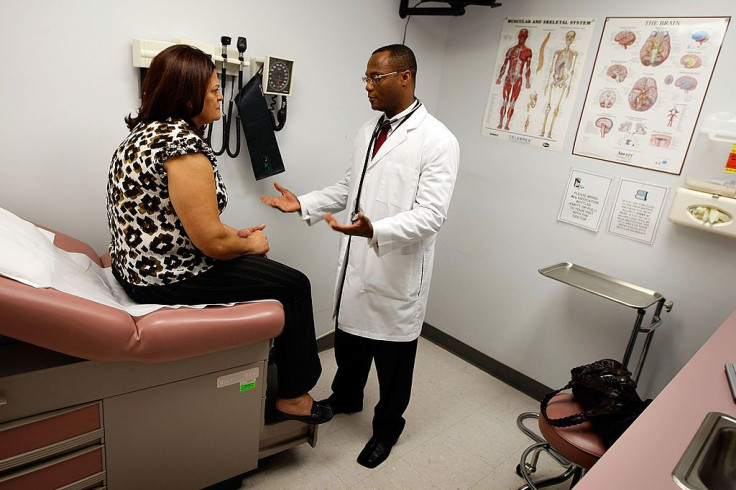
Urinary tract infection (UTI) is the general term for an infection occurring anywhere in the urinary tract. Most UTIs involve the bladder, but if left untreated can involve the kidneys as well. UTIs don’t discriminate between ethnicities. Studies have shown that Latinos and Hispanics are just as likely to get a urinary tract infection as any other ethnic group.
UTIs are much more common in Hispanic/Latina women than in Hispanic/Latino men. Approximately 50-60% of adult women have had at least one UTI. That’s because women have a much shorter urethra, which is located close to the anus. Bacteria from the vagina or large intestine, such as E. coli, can enter or be pushed up the urethra.
Women who are more sexually active are prone to UTIs. Urinating after intercourse reduces the risk of developing an infection. Post-menopausal women also can suffer from infections because of the physical changes due to lower levels of estrogen, such as thinning of the vaginal tissue. They can also have pelvic organ prolapse, incontinence, and incomplete bladder emptying.
What are the symptoms? According to Dr. Toby F. Handler, MD, from Advanced Urology Centers of New York (AUCNY), if a Hispanic/Latino man or woman has a UTI, symptoms include:
- Pain or burning when you urinate
- The urge to void more frequently
- Foul-smelling, cloudy or bloody urine
- When accompanied by fever, nausea, or back pain, the infection may have progressed to the kidneys
Can this be treated? Almost all UTIs can be treated successfully with oral antibiotics. The correct antibiotic will be based on its effectiveness against the type of bacteria grown from a urine sample. If the kidneys are involved, a longer course of treatment will be necessary and sometimes may require hospitalization and IV antibiotics.
Recurrent infections are defined as three episodes of infection in the past 12 months or two in the past six months. Those patients who have frequent UTIs are usually sent for a sonogram or CT scan of their kidneys to check for any anatomical abnormalities, including kidney stones. Their blood work is checked because diabetes and other diseases that impair the immune system can increase the risk of UTIs.
Dr. Toby F. Handler recommends that Hispanic/Latino men and women use the following strategies to alleviate symptoms:
- Drink lots of water
- Empty the bladder when one has the urge to go
- Wiping from front to back
- Urinating after sex
- Choosing showers over baths
- Keeping the genitals dry by wearing cotton underwear and loose-fitting clothes
Remember, diaphragms and spermicides can contribute to the risk of UTIs, so other methods of birth control should be considered.
Those with frequent UTIs are often placed on daily low dose antibiotics or a single dose of an antibiotic after sexual intercourse for a period of 6 months. In older women, vaginal estrogen creams or rings can restore the normal bacterial balance of the vagina and increase the thickness of vaginal lining.
Researchers continue to study the ability of cranberry juice or tablets to prevent UTIs. Some studies suggest that cranberry extracts, such as D-Mannose, can coat the bladder lining and prevent the bacteria from adhering to it. However, its efficacy still remains inconclusive.
If you are struggling with recurrent UTIs, see your doctor for a thorough evaluation. These infections are both preventable and easily treatable.
Toby F. Handler, MD, FACS is one of the physician partners at Advanced Urology Centers of New York (AUCNY) – Garden City West, a division of Integrated Medical Professionals, PLLC.
AUCNY is comprised of community physicians committed to providing the highest level of medical service and patient care available. With more than 45 locations in Nassau, Suffolk, Queens, Manhattan, Westchester, Rockland County and The Bronx, AUCNY is the largest urology group practice in the United States and leading regional provider of urology services.
To learn more about Advanced Urology Centers of New York call 516-931-0041 or visit here.
© 2024 Latin Times. All rights reserved. Do not reproduce without permission.
